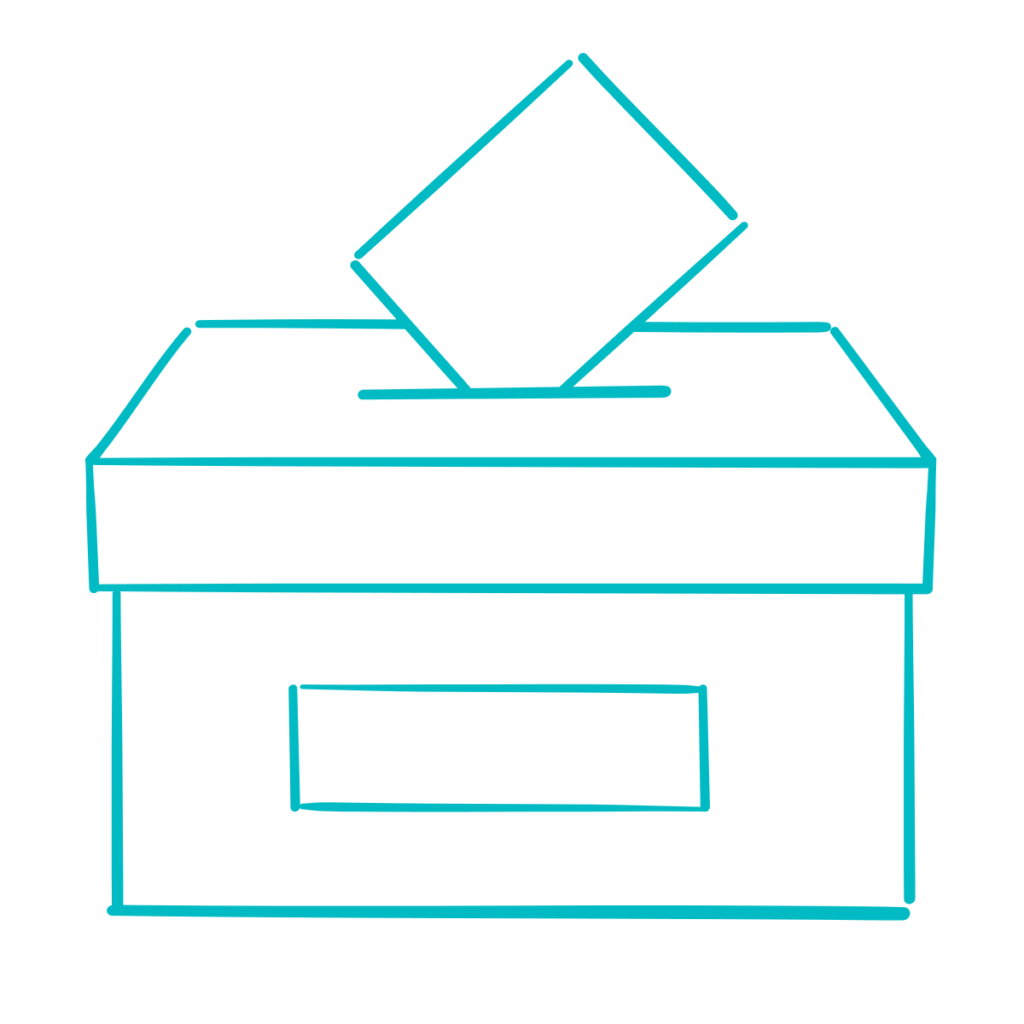
Call for EFI Steering Committee Nominees! The Steering Committee is tasked with developing and facilitating a long-term vision and plan to advance the broader ecological forecasting community.
You can nominate yourself or other EFI members for election by emailing info@ecoforecast.org by February 26, 2026.
Anyone who is an EFI Member is allowed to be nominated or self-nominate to run for election. See details on the Steering Committee webpage. If you are not already an EFI Member, you are welcome to join the EFI community in this capacity by filling out this short membership form.
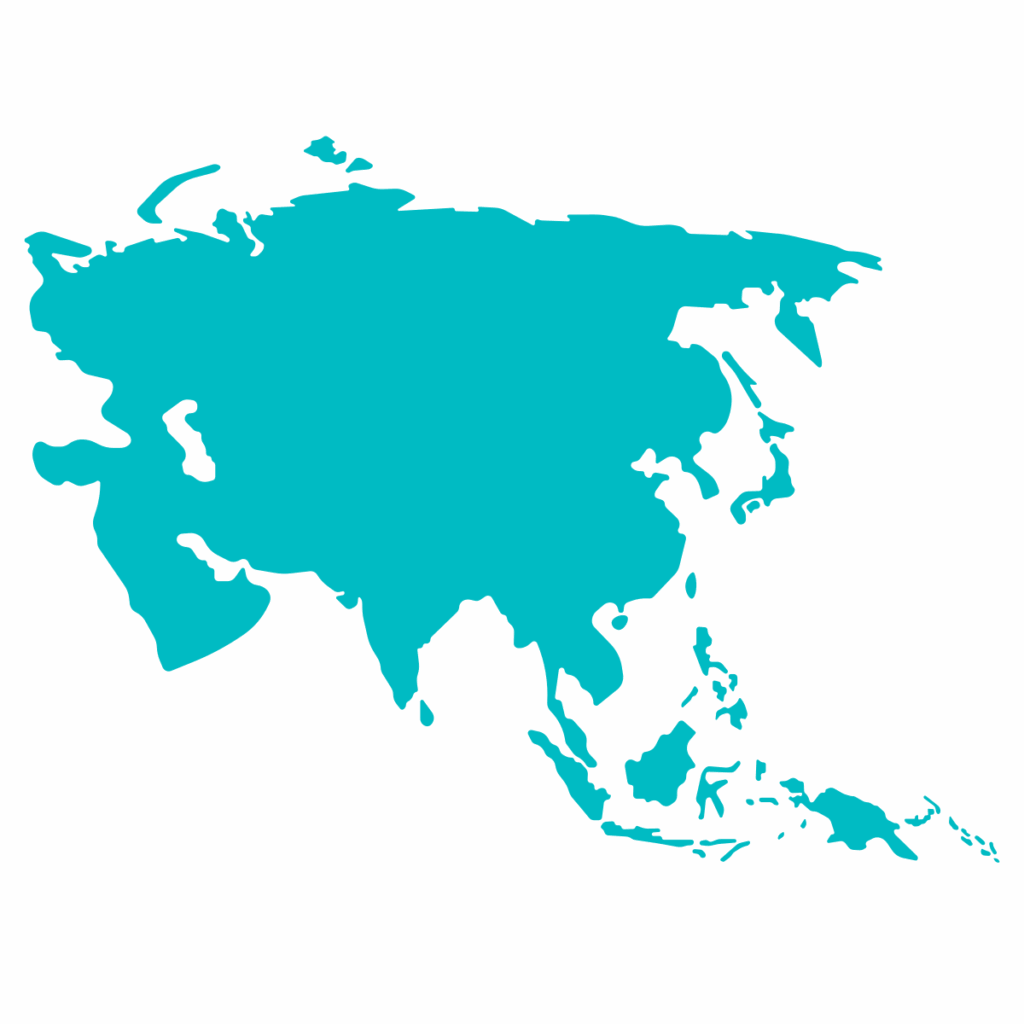
New EFI Chapter launched January 2026! The goal of the new Asian EFI Chapter is to support the ecological forecasting work being done in Asia by focusing on the topics, data streams, and policies that are important in this region, and to provide opportunities for the Asian community to participate in calls that are conducive to the region’s time zones.
Fill out this brief survey to share your interest in participating in, contributing to, or collaborating with the initiative. https://bit.ly/efi-asian-chapter

The EFI2026 Conference in Toronto, Canada, will be on August 4-7, 2026. The Conference will assemble local, regional, national, and global leaders from the mathematical sciences, environmental sciences, epidemiology, data sciences, one health, and related disciplines to advance the state of ecological forecasting. The conference will explore key research themes such as mathematical and statistical techniques for quantifying and partitioning uncertainty, forecasting across spatio-temporal scales, designing forecasts that inform real-world decisions, and effective teaching for ecological forecasting.
The call for abstract submissions, travel support requests, working group and workshop submissions are all open! Working Groups: dedicated extended time (1/2 day or full day) to work on specific projects with others in the EFI community.
Workshops: an opportunity to provide topical training, tutorials, and demonstrations for the EFI community.
See details and a Handbook with additional travel suggestions on the new Conference webpage at: https://bit.ly/efi2026

The fifth round of the Statistical Methods Webinar series co-hosted by EFI and the ESA Statistical Ecology Section has started!
On March 2, 2026, Drs. Viktoriia Radchuk (Leibniz Institute for Zoo and Wildlife Research) and Ludmilla Figueiredo (German Centre for Integrative Biodiversity Research) will present on “The {estar} R package to measure ecological stability”
Register to join the call at: https://bit.ly/4anpv8P
Find details about this seminar and recordings from all the webinars on the Statistical Methods Seminar webpage.
Email info@ecoforecast.org if you have suggestions for R or Python packages you would be interested in learning more about or have suggestions for speakers.
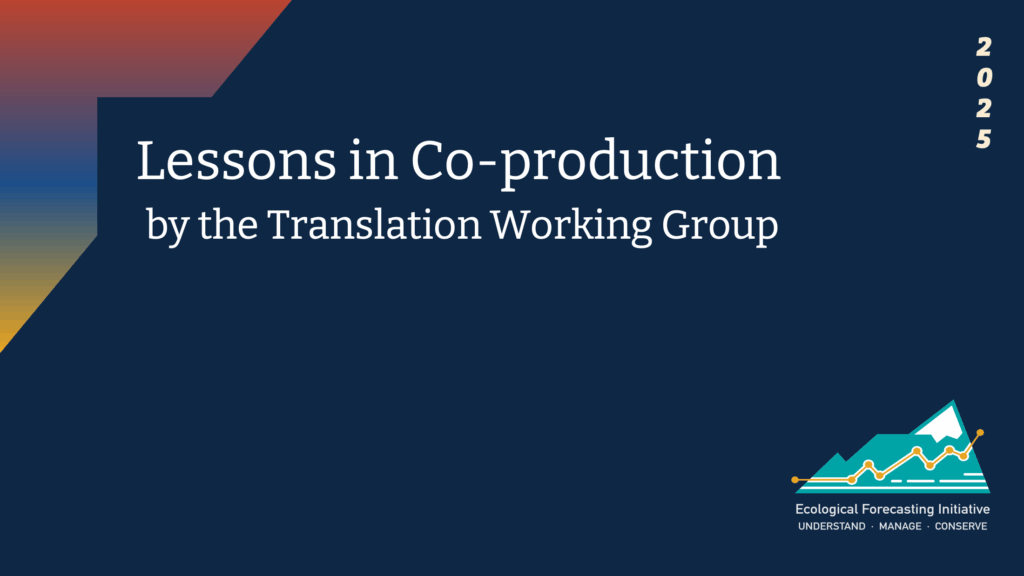
Engaged Science Tutorials. The EFI Translation & Actionable Science working group is rolling out short YouTube tutorials on the why, what, who, when, how, and barriers to engaging with interested parties, rightsholders, and end users of forecasts. Each tutorial also provides snippets from interviews with EFI community members and teams that exemplify a range of ways such collaborations have taken place.
You can find more details at: https://ecoforecast.org/engaged-research-tutorials/ Recordings will continue to be made public over the summer.
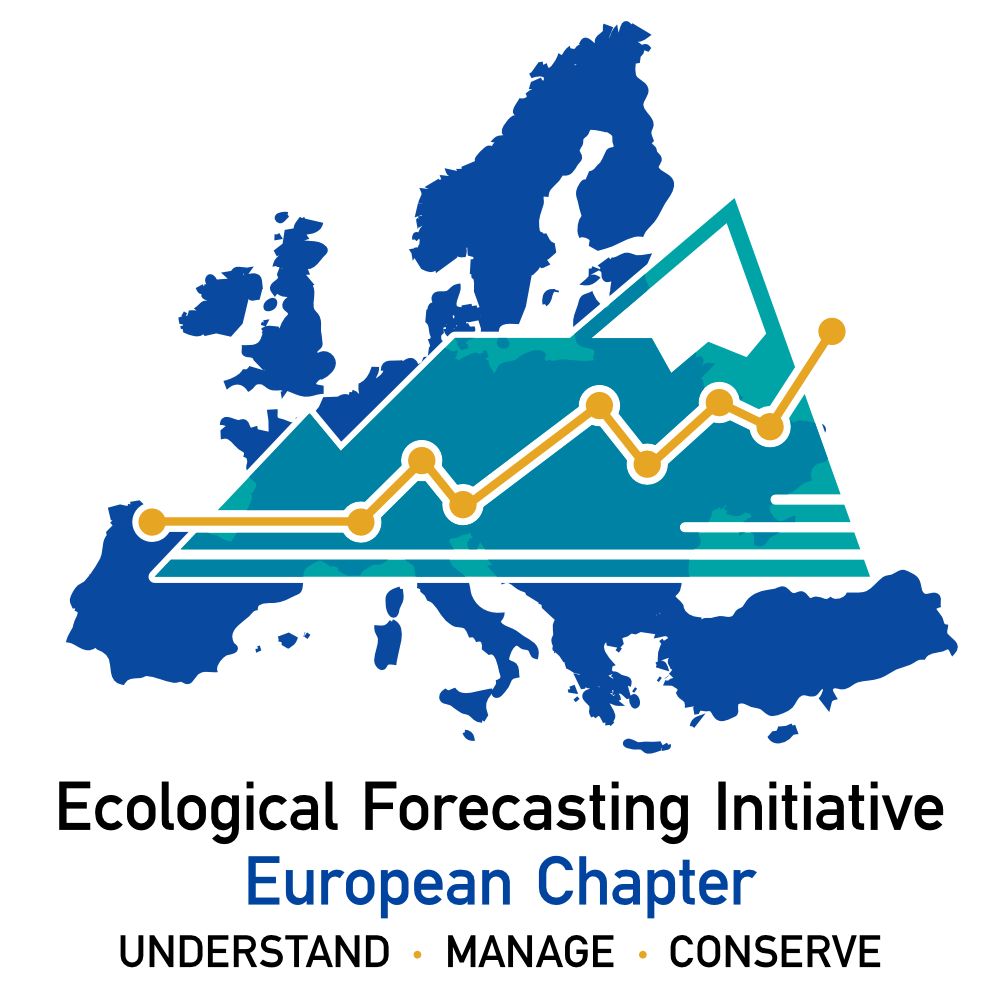
European EFI Chapter (EEFI) Seminar Series. EEFI is hosting monthly calls on the second Wednesday of the month at 1pm CET.
The recording from the bonus 28th January seminar by Melina Kourantidou (University of Southern Denmark) on “From impacts to decisions: economic perspectives on managing biological invasions under ecological change” and from the 11th February seminar by Vivien Sainte Fare Garnot (University of Zurich) on “PhenoFormer: deep learning meets tree phenology” are now available on the EEFI seminar webpage.
Find details about upcoming calls and recordings from previous seminars at: https://euro-ecoforecast.wordpress.com/seminar-series/
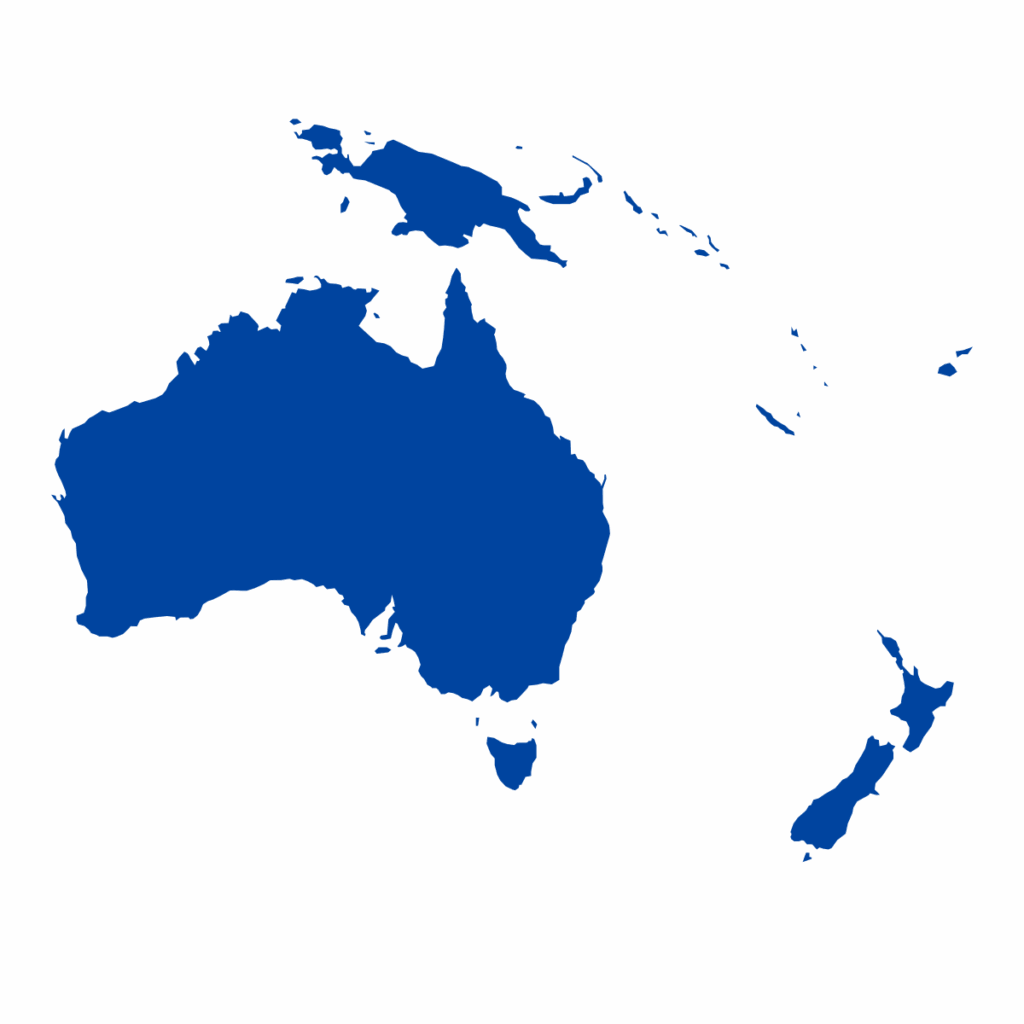
The recording from the October 2025 Oceania EFI Chapter (OEFI) virtual seminar by Dr. Mark Doubell from the South Australian Research and Development Institute (SARDI) on ‘Harmful Algal Bloom in Southern Australia Oceans: Impact and Response’ is now available at: https://youtu.be/PCFhivMC3go
Get details of upcoming OEFI events and sign up for the OEFI list serv at: https://ecoforecast.org/oceania-ecological-forecasting-initiative/
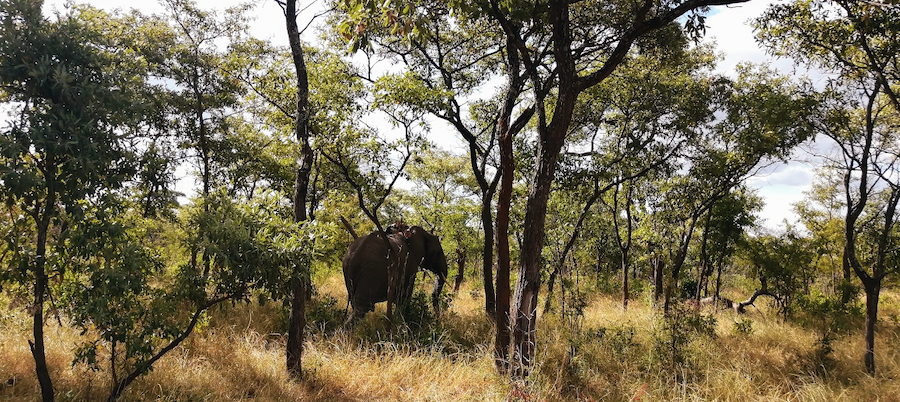
The African EFI Chapter (AEFI) hosted a short course in Cape Town 21-25th July.
Find course content and details at: https://ecoforecast.africa/events/past/course_2025/

New Coastal and Marine Ecological Forecasting Working Group. EFI is excited to announce the launch of a new Coastal and Marine Ecological Forecasting working group. The group aims to apply and integrate insights and recommendations from other EFI working groups and forecasting challenges to strengthen knowledge, practice, and application of ecological forecasts in coastal and marine systems. The working group will engage with the broader community to learn what types of forecasts people are currently working on or moving toward in coastal and marine systems, what barriers or limitations they have encountered, and what are potential ecological forecasting opportunities in the future.
Email info@ecoforecast.org if you want to be added to this listserv to receive more information about the working group.

AGU & ESA Joint Special Collection Call for Papers
This special collection jointly hosted by the American Geophysical Union (AGU) and the Ecological Society of America (ESA) focuses on the emerging field of ecological forecasting, which involves predicting the future states of ecosystems. The issue welcomes contributions that use novel methodologies, interdisciplinary approaches, real-time data integration, and multi-forecast synthesis to enhance the accuracy, uncertainty representation, applicability, and equality of ecological forecasts.
Submissions can be included in multiple AGU and ESA journals, see the full list of journals and details here: https://ecoforecast.org/special-collection-ecological-forecasting-in-the-earth-system/
See this Eos article for helpful information if you are considering submitting to the special issue.
Submission deadline: October 31, 2026
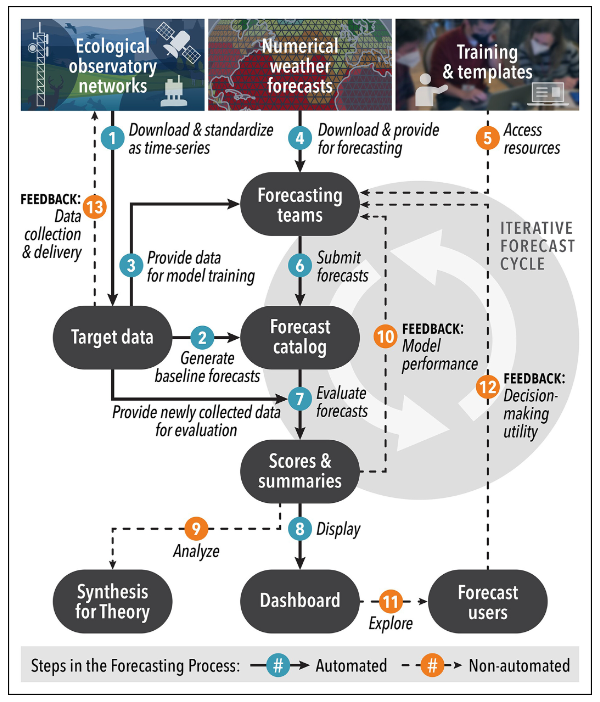
There are now three Forecasting Challenges available for anyone to participate and submit forecasts to.
1) EFI NEON Ecological Forecast Challenge.
2) EFI-USGS River Chlorophyll Forecasting Challenge.
3) Virginia Ecoforecast Reservoir Analysis (VERA) Forecasting Challenge.
Forecast Challenges can be used for classroom instruction. The cyberinfrastructure is now also set up to support stand-alone Forecasting Challenges that allow people to submit forecasts that are checked for alignment with the metadata standards, scored, cataloged, and visualized on a dashboard for non-NEON data streams.
Find a pre-print of a manuscript describing the cyberinfrastructure behind the Forecast Challenges at http://doi.org/10.22541/essoar.175917344.44115142/v1
